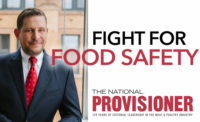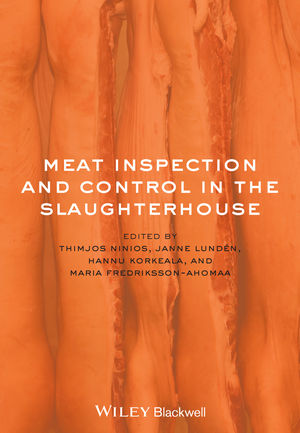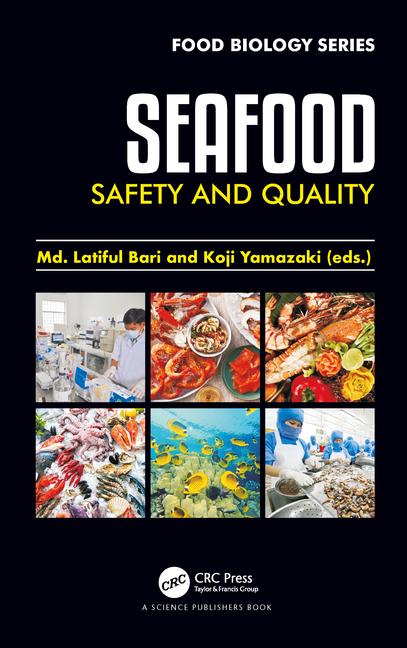2017 Food Safety Report
The Trump administration's impact on food safety
The Trump administration may not peel away regulation to the extent that it implied at times during the Presidential campaign.

Over the past 20 years, the rules and regulations governing the safety of our food supply have changed immensely. During this period, USDA-Food Safety and Inspection Service (FSIS) mandated hazardous analysis and critical control points (HACCP) for the entire meat industry, the agency declared new pathogens to be adulterants, new regulations required companies to declare allergens on their labels, and constantly evolving rules have forced companies to better control for Salmonella.
The approach taken by the departing administration relied for eight years on comprehensive regulations to create a safer food supply. The new administration, led by President Donald Trump, on the other hand, believes complex regulation actually impedes progress. Thus, we are all left wondering what impact, if any, the new administration will have on food safety.
At first glance, one might reasonably conclude President Trump will loosen significantly existing food-safety regulations. On Sept. 15, 2016, during the Presidential campaign, his team released a fact sheet outlining the various regulations Trump intended to eliminate. The regulations included:
“The FDA Food Police, which dictated how the federal government expects farmers to produce fruits and vegetables and even dictate the nutritional content of dog food. The rules govern the soil farmers use, farm and food production hygiene, food packaging, food temperatures, and even what animals may roam which fields and when. It also greatly increases inspections of food ‘facilities,’ and levies new taxes to pay for this inspection overkill.”
After being published on the Trump campaign’s Web site, the proposal to eliminate the U.S. “food police” received considerable backlash from consumers and the media. The campaign almost immediately removed the fact sheet. In the months that followed, neither Trump nor his campaign repeated any plans to eliminate any existing FDA or USDA food-safety rules or regulations.
So, what does this example tell us? Serving as a food industry lawyer for nearly two decades, I have closely watched the steady evolution of our national food-safety regulations. During this period, I have studied the policies of both Republican and Democratic administrations, and watched them both implement increasingly complex new food-safety initiatives and rules. The constant and unyielding theme through all of these years, without exception, is consumers have increasingly expected safer food, and in response the government has increasingly demanded it.
As we move forward, I predict that, while the new administration may encourage FDA and USDA leadership to adopt a more accommodating tone, the rules and regulations the relevant agencies are required to enforce will neither loosen nor change. Rather, just as was true for the last 20 years, during the next political cycle, U.S. consumers will likely continue to demand, and the U.S. government will likely continue to require, that all food companies continue to follow increasingly complex rules to produce an increasingly safer product. NP
Looking for a reprint of this article?
From high-res PDFs to custom plaques, order your copy today!










